When to submit your self-assessment
With the self-assessment deadline only a number of days away, there’s no time like the present to make sure you organise and submit your tax return before midnight on 31 January.
According to HMRC, 5.7 million taxpayers were still yet to submit their returns for the 2021/22 tax year at the start of the month, so there’s still a lot of you out there to file your taxes.
In an ideal world, you would file your self-assessment well in advance of the Christmas period, but you may have struggled to find the time this tax year, especially with the uptick in trade that usually builds during the festive season.
Need help determining when to submit your self-assessment? Well, here’s some helpful advice which should help you plan accordingly.
Don’t leave it to the last minute
We understand that balancing your time with an ever-growing pile of paperwork can be difficult – it’s especially stressful for sole traders. With that in mind, wouldn’t you like to avoid the stress of rushing to file your return on deadline day?
The earlier you begin your self-assessment return, the better. For the remainder of the tax year, that means right now; we really are in the ‘last minute’ timeframe.
But for your 2022/23 tax return to be submitted in January 2024, you should do it as early as possible. Not only will it take a load off your plate and allow you to properly enjoy the summer and Christmas, but allow you to focus on your job, rather than taxes.,
The more time you have also means a greater chance to claim for all your allowable expenses and tax relief to reduce your tax bill. You’re also far more likely to spot mistakes, saving you from an unnecessarily high tax bill because of a simple slip-up.
The earlier you get started too, the earlier your accountant will be able to tell you your likely tax bill – ensuring you don’t get surprised by a big tax bill.
Paper tax returns
Only some self-assessment taxpayers will have until January 2024 to submit their returns. If you still complete paper tax returns, your deadline falls on midnight 31 October, following the end of the tax year.
Again, though, sending it off sooner rather than later is always recommended. As it’ll take a few days to reach HMRC, it’s usually advisable to post your return two weeks before the deadline to guarantee that it’ll arrive in time. This will help you avoid any late filing penalties.
Filing in the new tax year
We’re sure you’re already aware of this, but you can submit your self-assessment as soon as the new tax year begins. This means as of 6 April 2023, you’ll be able to get a start on your return for the 2022/23 tax year.
According to HMRC, almost 66,500 taxpayers submitted their returns on the first day of the 2022/23 tax year.
As we’ve already discussed, the earlier you submit your return, the sooner you can start planning your payments. Also, as the HMRC backlog won’t be anywhere near as severe as it would be in December or January, you may be able to receive a tax refund much sooner (if you’re due one, of course).
Also, by getting ahead of your self-assessment, you’re avoiding the chance of missing your deadlines as well as costly penalties.
We can help
When you’re running your own business, finding the time to step away and focus on your paperwork can be difficult. But when you have deadlines to meet, you may feel as though you’re stuck between a rock and a hard place.
We’re here to make sure that doesn’t happen. By outsourcing your self-assessment preparation to us, we’ll ensure we organise and file your return as soon as possible, leaving you to focus elsewhere.
Talk to us about your self-assessment tax return.

